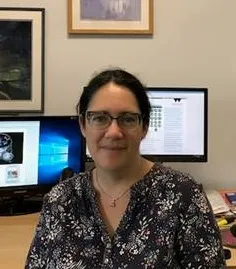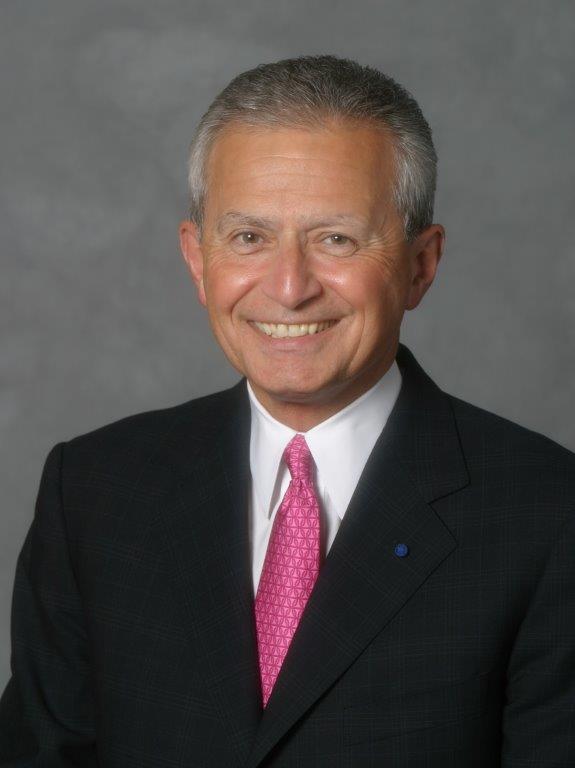‘If nothing changes, nothing changes’: STEM Inclusion starts with pre-school.
Philanthropist, published author, and engineer, Dr Nick Donofrio (Hon Doctor of Science, 2002), spent 44 years at IBM including as Executive Vice President of Innovation and Technology, leading numerous transformational strategies and initiatives across the company.
Now retired, Nick’s focus is on tackling inequality in access to STEM subjects and careers. His philanthropy created the Pre-School Futures programme at Warwick to encourage more young children to pursue STEM subjects and careers later in life. He and programme lead Professor Joanna Collingwood (PhD Physics, 2003 tells us about the programme, what it means to them, and why we need to start improving access to STEM at such a young age.
How can we encourage more young people to take up STEM subjects?
Intervening at university, or even secondary education, is often too late. Biases around our role in society are commonly formed in our minds by the ages of seven or eight. We need to look at how we communicate with young people about STEM as early as pre-school to give them the opportunity to become the next generation of engineers, mathematicians and scientists. If we don't start early enough, it becomes a futile effort.
What advice would you give to young people who might want to follow a similar career path to you?
I’m an electrical engineer by education. If you like to solve problems and want to understand how, why, what, where and when, then chances are you’re going to be a pretty good engineer. Yes, you need to have a basic understanding of chemistry, maths, physics and sometimes biology, but you don’t have to be the smartest person to be successful. Understanding the fundamentals provides the foundation of your knowledge, and having an inquisitive mind is key to innovating in an ever-changing world.
What motivates you to give to Warwick's Pre-School Futures programme?
We face a sizeable challenge within STEM when it comes to the lack of accessibility, inclusion, and diversity. The outlook is not good and hasn’t progressed much over the last 50 years. Almost all my philanthropy aims to address this issue.
The truth is that knowledge is equally distributed across all sections of society, what is missing is opportunity. The Pre-School Futures programme proposed by Warwick aligns to my own values and gives us an opportunity to make positive changes at an early age, before many of society’s biases are placed on young people. We simply cannot give up on the need to change and evolve in the face of this problem. If nothing changes, nothing changes.
How do you see the role of universities like Warwick in facilitating social mobility for young people?
I speak largely from my experience of education in the US, but the cost of education at college or university is a real barrier to enabling social mobility. We must do better in making higher education financially accessible to everyone.
In the US, we’re piloting bringing the first year of college into the high school system. The high school system in the US is probably more efficient than a college education in terms of the educational outcomes compared to expenditure. The challenge that the college system faces is understanding its social responsibilities and norms; what should it be providing to its students? That is less of a challenge within the high school system in the US, which has a clearer social purpose.
How would you encourage other alumni to support students at Warwick?
Everyone has their own passion and wants to help society in their own way. Mine is ensuring young people have a fair chance to experience and pursue their dreams in STEM. Through the Pre-School Futures programme, I hope we’ll have clear and compelling evidence that we can create opportunities and level the playing field for the least represented members of society. It’s so important to remember that we can’t ever give up on anyone. We’re all unique, and we’re all worth every bit of the effort.

The Pre-School Futures programme is passionately led by Professor Joanna Collingwood (PhD Physics, 2003), Warwick’s Athena Swan Gender Taskforce Chair, and Chair of the School of Engineering Equality and Diversity Committee.
Why is the Pre-School Futures programme needed and what impact does early intervention delivered by the programme have compared to later interventions?
Before going to university, I was aware of many challenges women face in accessing STEM subjects and the under-representation that exists in higher education. Diversity in its widest sense is still a challenge today, despite the world’s growing need for greater numbers of talented scientists and engineers. The logical solution is to enable greater access to STEM across society. In my role as the Athena Swan Lead in the School of Engineering, one of my focuses is on solving this problem.
Through research and experimentation, we’ve experienced a glacial shift in where we are asked to focus our attention. Our community started by encouraging greater access to STEM A-Levels, then GCSEs, with mixed success. There is now a growing, evidence-backed consensus that intervention needs to start at a much younger age, with continued initiatives in place from that point onwards. Pre-School Futures has allowed us to identify this and to begin designing appropriate actions that encompass school, family, and other environmental influences at such a young age. We hope that initiatives such as these will support a significantly more diverse community of young children to engage positively and proactively with STEM activities.
Why is philanthropy important in delivering programmes like Pre-School Futures?
Philanthropy provides much greater freedom to explore and develop a project, without having to tailor it to preconceived fixed work-packages or rigid limitations on time. My work can be open, honest, and tailored towards solving the problem. The opportunity Nick has created allows for greater flexibility, creativity, and innovation.
This project is completely different to anything else I've been involved with at Warwick. It’s a reflective process and we benefit considerably from Nick’s experience and insightful contributions. I find our ongoing dialogue very valuable in that it helps me to keep focus on why we’re delivering the programme and to keep perspective on how far we’ve come.

"Everyone has their own passion and wants to help society in their own way. Mine is ensuring young people have a fair chance to experience and pursue their dreams in STEM.”
